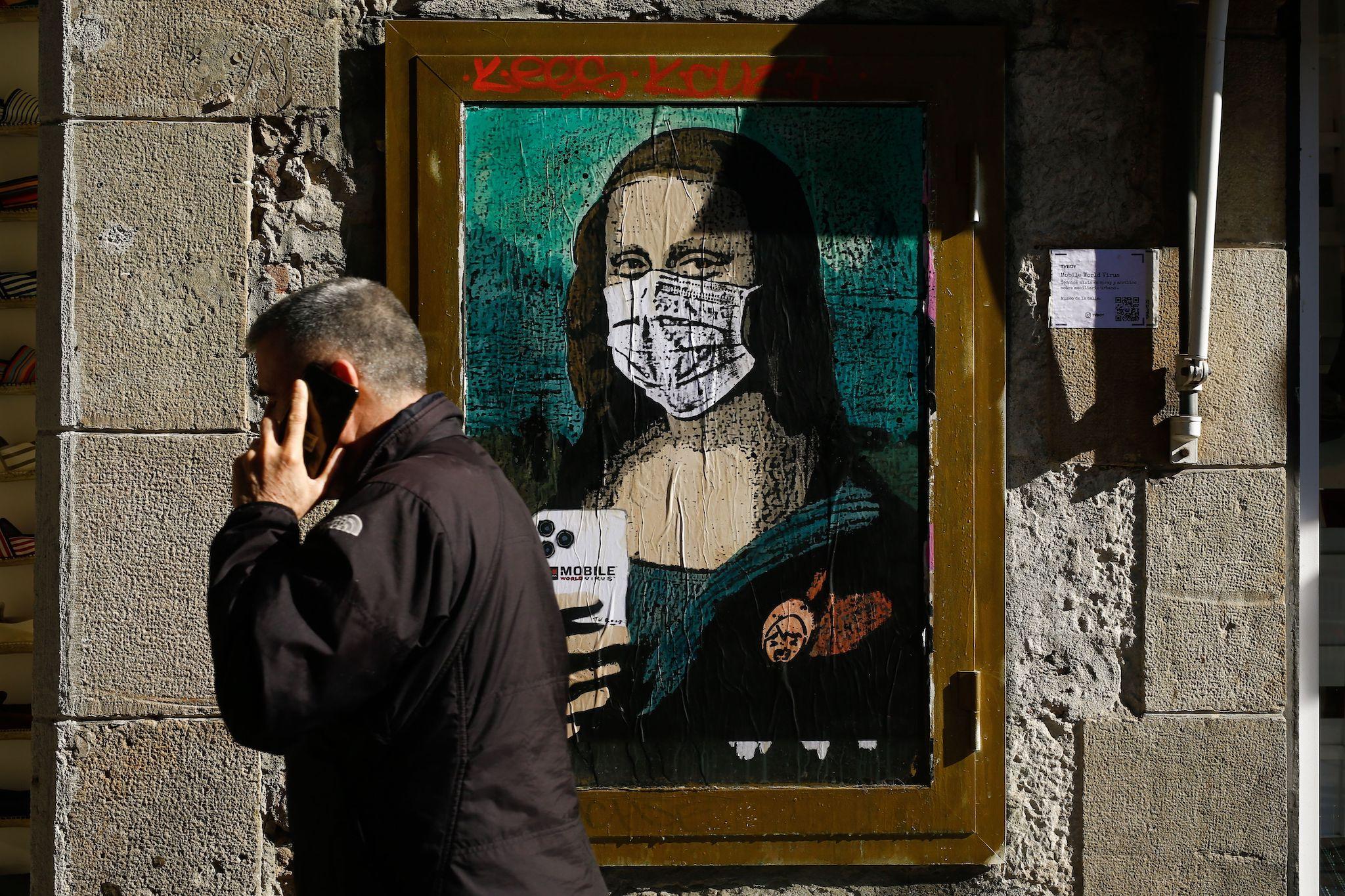Coronavirus: Apple and Google update plans to let phones track whether people have been exposed
Without integrating into phones' operating systems, performance of contact-tracing apps is likely to be limited

Your support helps us to tell the story
From reproductive rights to climate change to Big Tech, The Independent is on the ground when the story is developing. Whether it's investigating the financials of Elon Musk's pro-Trump PAC or producing our latest documentary, 'The A Word', which shines a light on the American women fighting for reproductive rights, we know how important it is to parse out the facts from the messaging.
At such a critical moment in US history, we need reporters on the ground. Your donation allows us to keep sending journalists to speak to both sides of the story.
The Independent is trusted by Americans across the entire political spectrum. And unlike many other quality news outlets, we choose not to lock Americans out of our reporting and analysis with paywalls. We believe quality journalism should be available to everyone, paid for by those who can afford it.
Your support makes all the difference.Apple and Google have released technical details of the tools they plan to release to let people track their exposure to coronavirus through their phones.
The two companies hope to release the tools next month, allowing phones to connect to each other and discover when their owners may have been exposed to the virus.
The new updates look to address problems with criticism around privacy protections and the level of detail that could be found in any data gathered by phones.
While governments and official bodies in countries affected by the coronavirus pandemic are quickly developing their own apps, they will have to rely on Apple and Google tools in the operating system to ensure that the apps are fully effective. Without the support of the companies and their operating system, the apps could be hampered by limits such as a requirement that phone screens stay on if an app is ctive.
The system announced on April 10 will use Bluetooth technology to let authorities build apps to alert people who have been in proximity with those who have tested positive for the novel coronavirus.
The technology does not employ GPS location data and stores most sensitive data in a decentralised way on users' phones. The approach opened a rift with European governments planning systems that would store data on centralized servers.
Health and privacy researchers also cited privacy concerns that the companies addressed on Friday by making it harder to use system-generated data to track people.
The numbers that identify users will be randomly generated, and so-called "metadata" such as Bluetooth signal strength and users' phone models will now be encrypted along with primary data about who they have been near.
"Exposure time," or how long two phones have been near each other, will be rounded to 5-minute intervals, to prevent using detailed time data to match up phones to people.
The companies also sought to address health researchers' concerns that the system would be ineffective. Since Bluetooth signals can penetrate some walls and can be detected even when brief and faint, researchers worried about false alerts from neighbours in apartment buildings or passers-by in public spaces.
Apple and Google will now provide data about Bluetooth power levels to better estimate how close two phones came to each other and for how long, letting authorities set their own thresholds for when to alert people.
The companies also said they would provide data on how many days had passed since the last contact with an infected person, to help authorities notify users about what steps to take.
Additional reporting by Reuters
Join our commenting forum
Join thought-provoking conversations, follow other Independent readers and see their replies
Comments